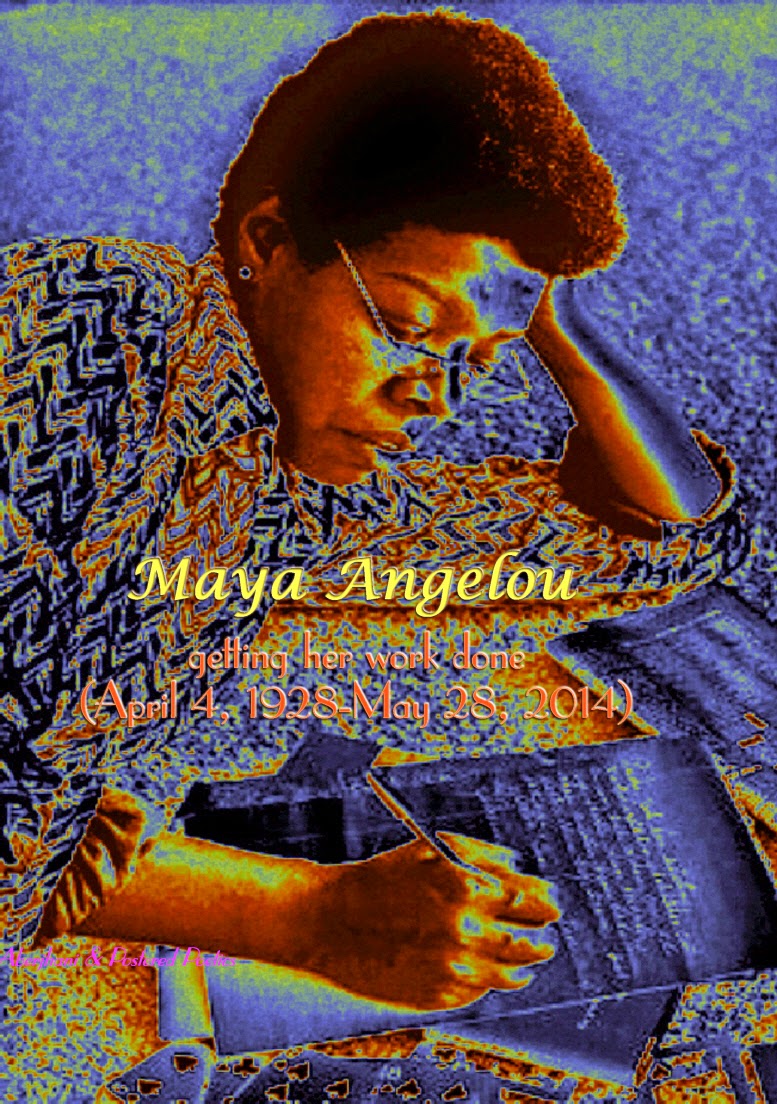Text and Meaning in Michael Jackson's Xscape (part 4) - by Aberjhani
“It is difficult to listen to [Michael Jackson’s] ‘Do You Know Where Your Children Are’ without thinking about the ongoing #BringBackOurGirls campaign.” –Article Excerpt (Aberjhani) What television audiences experienced with the debut of “Slave to the Rhythm” was Mr. Jackson as transhumanist art in its more positive and inspiring holographic form. Anyone who finds that statement unsettling probably should not. At least one potential definition of transhumanist art is the creative representation of a person, such as in a work of visual art or literature, which utilizes advanced technologies (or allusion to such technologies) to symbolize humanity as an enhanced species closer to cyborgs or angels than to apes. In its broader philosophical framework, transhumanism is a futuristic ideology that studies both the likely pitfalls and potential benefits of employing technology to enhance the physical, intellectual, and overall psychic capacities of human beings. If you accep


